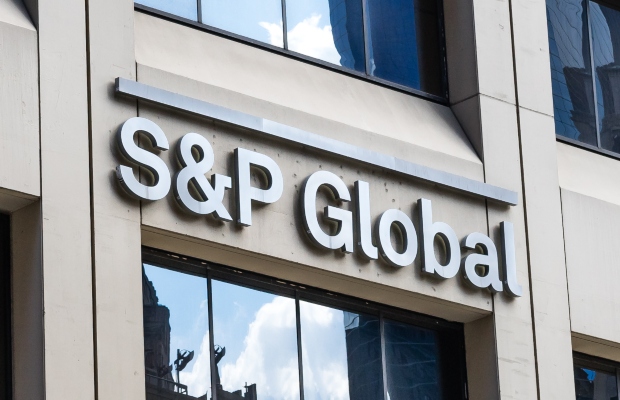Rating agency, S&P Global has indicated to raise Ghana’s long-term local currency rating over the next 12 months following a track record of successful execution under the Ghana's Extended Credit Facility (ECF).
In its upside assessment of the outlook of the Ghanaian economy, it said it could raise Ghana’s rating if there is a more pronounced economic recovery, and a strengthening of balance-of-payments performance that supports stronger fiscal and external outcomes, taking pressure off the government's financing needs and improving debt sustainability.
On the downside risk, S&P said it could lower the local currency rating over the next 12 months if unexpected negative policy developments undermine access to financing from the local market or official sources, or there is a significant delay in International Monetary Fund (IMF) board approval of Ghana's Extended Credit Facility, which was endorsed at the IMF staff level in December 2022.
“Over the medium term, possible setbacks in ECF execution could hinder access to financing, potentially from other multilateral lending institutions (MLIs), and renegotiation of Paris Club debt. This scenario would likely further damage local investor confidence and could lead to a recourse to central bank financing amid worsening inflation and currency dynamics, putting downward pressure on our long-term local currency rating”.
S&P on February 24, 2023, raised its long- and short-term local currency sovereign credit ratings on Ghana to 'CCC+/C' from 'SD/C' (selective default).
At the same time, it affirmed it 'SD/SD' long- and short-term foreign currency ratings.
In addition, it lowered the foreign currency issue ratings to 'D' (default) from 'CC' on three U.K. law Eurobonds, including those maturing on July 7, 2023; November 2, 2027 and November 2, 2025.
Outlook reflects government’s improved refinancing profile
S&P said the stable outlook on the long-term local currency rating reflects the government's improved refinancing profile, and reduced cost of debt as a consequence of its domestic debt rescheduling.
This, it said, is balanced against still-challenging domestic and external liquidity conditions, very high inflation, currency volatility, and uncertainties in connection with ongoing efforts to restructure the sovereign's external foreign currency debt.
“Our long-term foreign currency rating remains 'SD' after the government ceased payments on foreign currency instruments. Ratings at 'SD' do not carry an outlook”, it added.
Latest Stories
-
Government suspends GH₵1 fuel levy indefinitely, new date to be announced later
9 minutes -
Democratic state politician and husband shot dead in targeted attack
22 minutes -
15 killed by Israeli fire near Gaza aid site, hospitals say
27 minutes -
Ashaiman NDC in shock as chairman Shaddad Jallo dies
1 hour -
Mahama converts Daboya College into public Teacher Training Institution, revives Doli project
1 hour -
Prioritise prudence, not foreign debt – Deputy Ahafo Regional Imam implores African leaders
1 hour -
Mahama promises STEM School and TVET Centre for Savannah Region
1 hour -
Mahama announces new public university for Savannah Region
1 hour -
Ahiagbah demands Health Minister’s dismissal over handling of nurses’ strike
1 hour -
Mahama’s clemency for radio stations was pure gimmick – Egyapa Mercer
1 hour -
GRA postpones implementation of Energy Sector Levy
2 hours -
GES urges supervisors and invigilators to uphold integrity and honesty
4 hours -
Don’t let your parents down – Omane Boamah to Pope John SHS students
4 hours -
Prof Sharif Khalid defends gov’t’s record on health workers, questions comparisons with UK
4 hours -
Razak Opoku: KGL-NLA contract the best since establishment of NLA in 1958
5 hours

